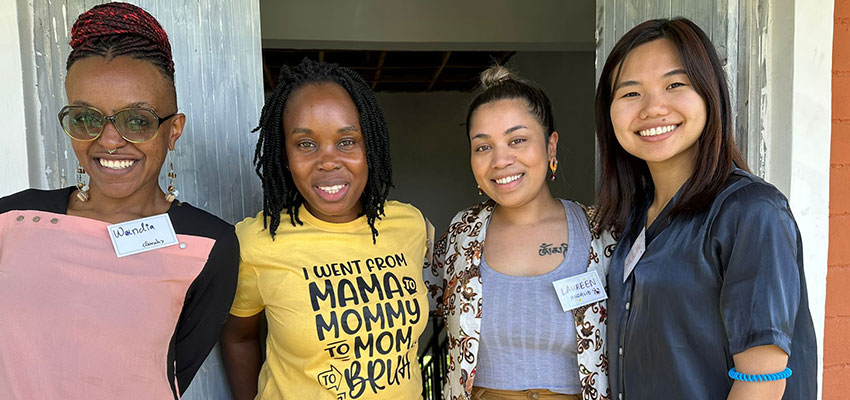
In July 2023, three D-Lab: Gender and Development students, Sarah Wandia (MIT ’24), Michelle Lee (Wellesley ’23), and Laureen Andalib (Harvard MDes ’23) traveled to Kenya to further their work with the Society Empowerment Project (SEP). Specifically, we planned to educate adolescent teens in Homa Bay County on reducing HIV/AIDS and teen pregnancy.
Our goal was to work with SEP to understand the reasons for an increasing trend in teenage pregnancies and HIV/AIDs. We used D-Lab's Creative Capacity Building (CCB) approach to train women in the community to conduct their own needs assessment — one that would dig into the "Seven Whys" (open-ended questions to delve into the underlying causes) and to build a relationship with the interviewees to promote trust. This project evolved into a workshop that taught teen parents in Oyugis, a town in Homa Bay County, Kenya, how to develop and execute their own research on why there is an uptick in teen pregnancy in their area.
Our five-day CCB workshop taught the teen parents to research menstrual health and hygiene, reproductive health, sexual activity, and gender-based violence in order to better understand the broader question of what is causing high rates of unintended pregnancies and HIV/AIDS. The workshop taught three research tools: surveys, one-on-one interviews, and focus groups. Each research tool had a designated curriculum and build-it exercises that promoted teamwork and co-design.
The teens finished the workshop as researchers themselves, and with experience enabling them to teach those skills to others in the community. We hope that the teen parents who attended the workshop will continue to practice their newly learned research skills to learn further about the topics that interest them and the wider community.
Following are scenes from the workshops!
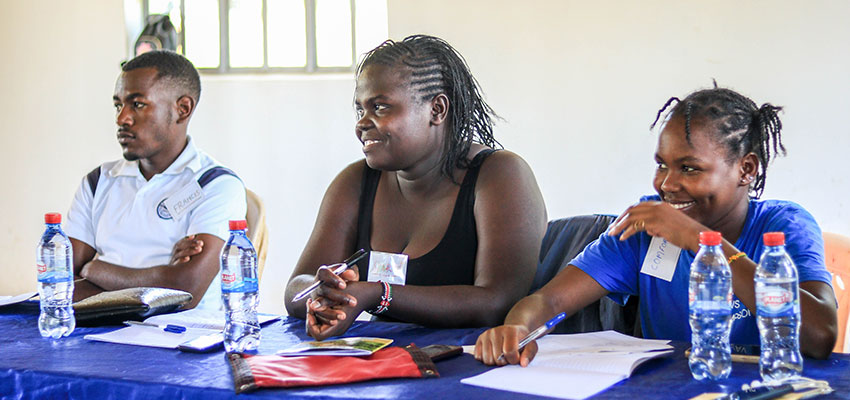
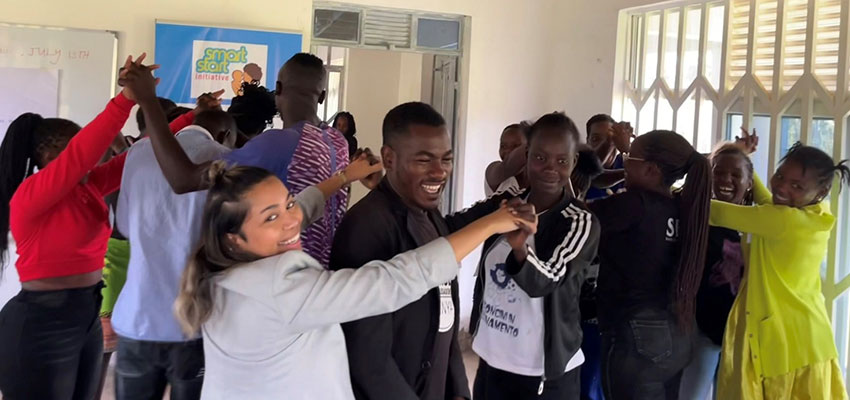
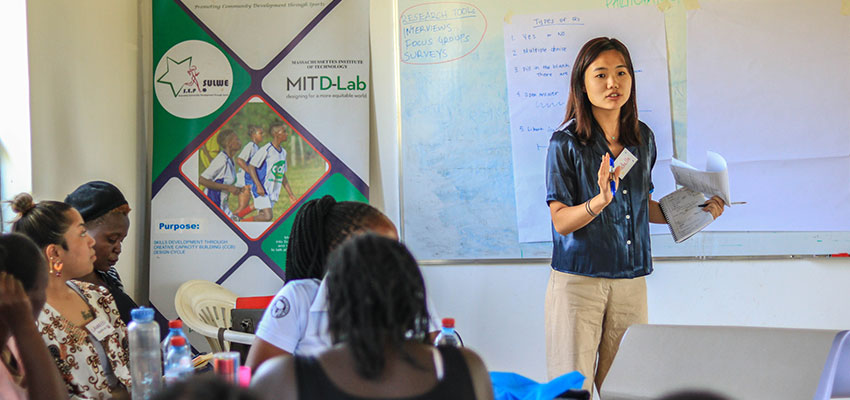
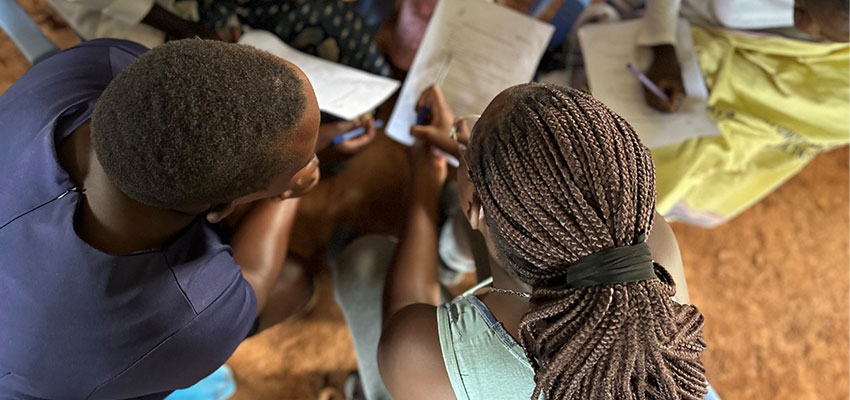
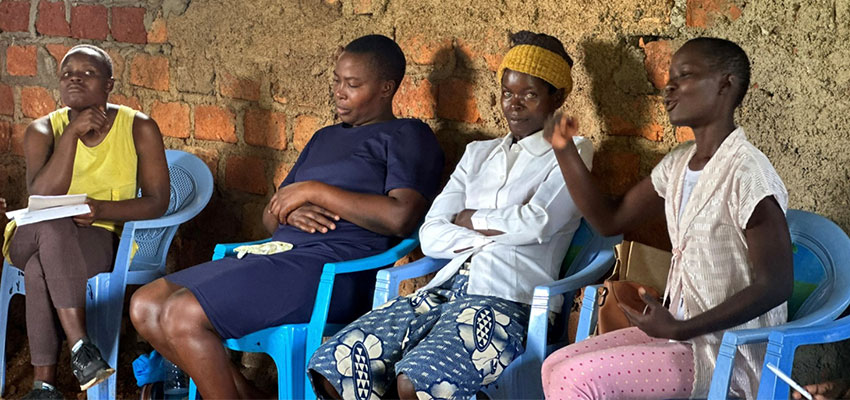
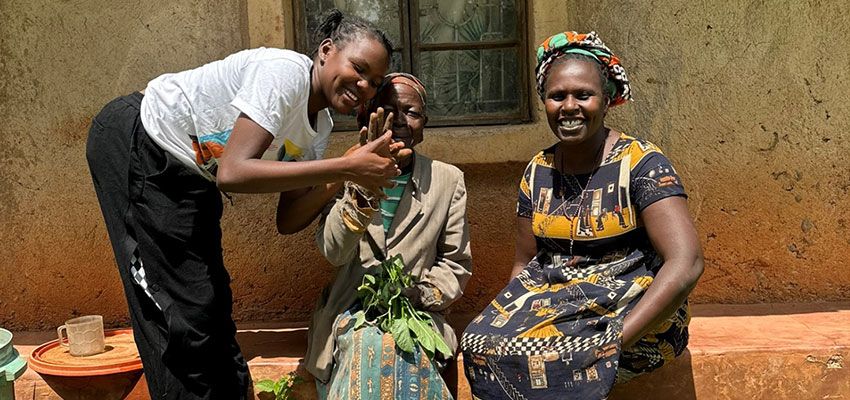
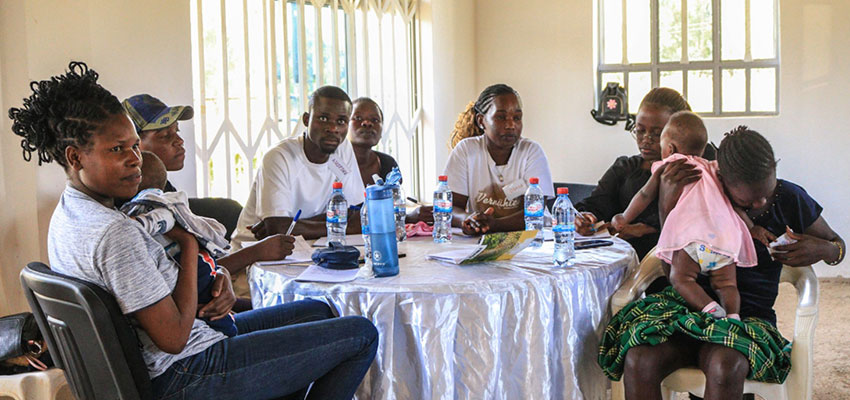
More information
MIT D-Lab class: D-Lab: Gender and Development
Community partner: Society Empowerment Project (SEP)
Contact
Sally Haslanger, Co-Instructor D-Lab Gender and Development

